(ECNS) -- Casia Hand, serialized humanoid dexterous robot hands developed by a Chinese team, has won two top awards at the 49th International Exhibition of Inventions Geneva held in Switzerland, according to the Institute of Automation, Chinese Academic of Science on Monday.
Developed by a research team led by Wang Peng of the CAS, the Casia Hand has won the Gold Award and ISTA Global Innovation and Invention Award.
Casia Hand includes various humanoid dexterous robot hands that can be applied in different scenarios such as research, industry, and services. Based on the hands, the team has also developed a series of humanoid dexterous operation robots.
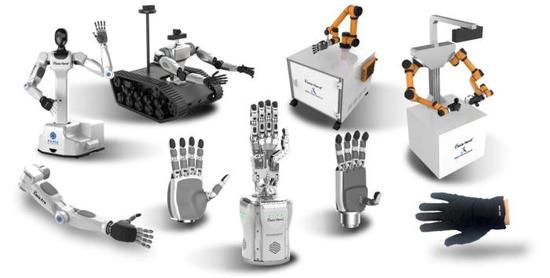
The research team introduced that the dexterous humanoid hands include three models: humanoid degree-of-freedom type, general type, and high-speed adaptive type.
Among them, the humanoid degree-of-freedom type dexterous hand has 25 joint degrees of freedom and 21 drive degrees of freedom, mainly for scientific research applications.
The general type dexterous hand has 15 joint degrees of freedom and seven drive degrees of freedom, simplifying the structure while maximizing the dexterity of the robotic hand, suitable for various application scenarios.
The high-speed adaptive type dexterous hand has 15 joint degrees of freedom and 1-3 drive degrees of freedom, characterized by high speed and low cost, mainly applied in industrial and service scenarios.
The International Exhibition of Inventions Geneva was founded in 1973, jointly organized by Switzerland and the World Intellectual Property Organization (WIPO). It is one of the longest-running and largest invention exhibitions in the world.
The 49th exhibition attracted over 1,000 entries from nearly 40 countries and regions.











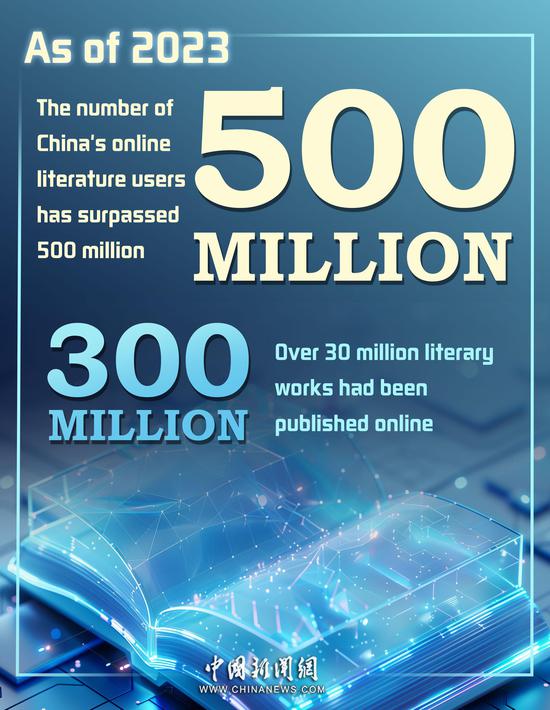




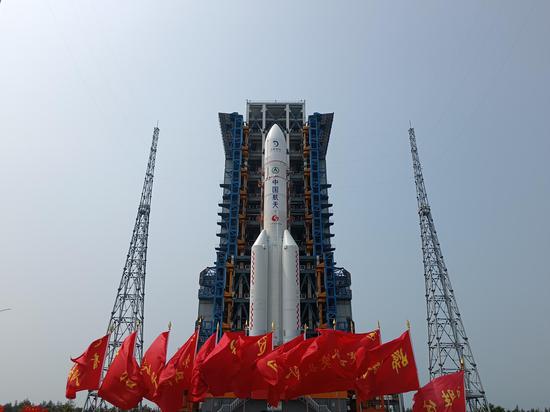





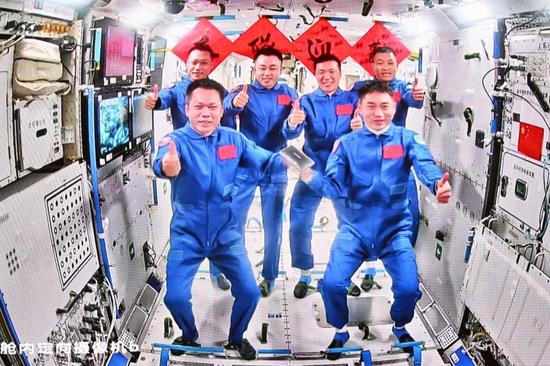








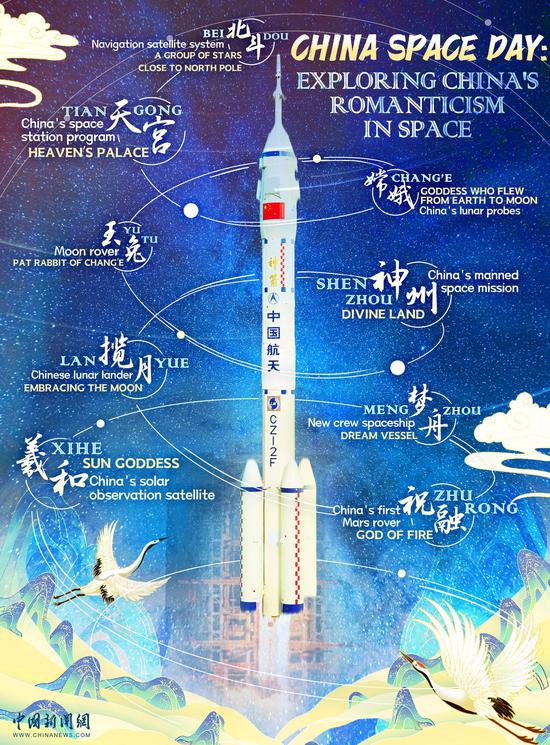


















 京公网安备 11010202009201号
京公网安备 11010202009201号